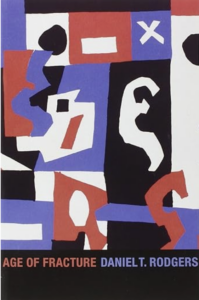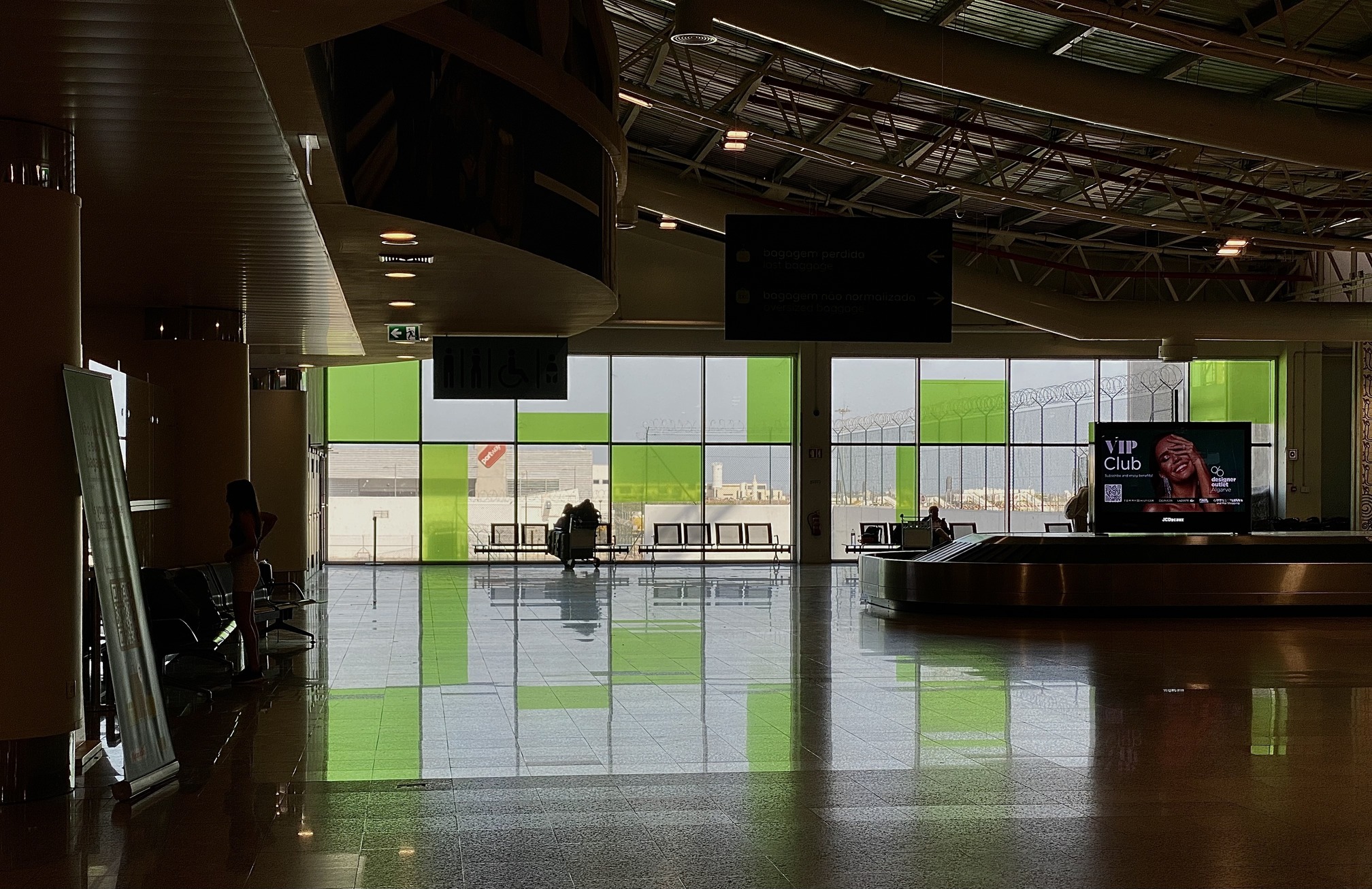First rose of Summer?

Quote of the Day
”The New York Times now generates more time on-site and profit from word games than they do from news. You wouldn’t know that from their staffing or the conversations they have.”
- Seth Godin
He’s right. Times have changed. And not just the NYT.
Musical alternative to the morning’s radio news
Gluck | Dance of the Blessed Spirits for Flute and Orchestra | Patrick Gallois (Flute) | Orchestre Du Festival De Musique De Chambre De Paris | Versailles concert 1986
I think the arrangement is by Christoph Willibald. I first heard this on a wet November afternoon when I was living on my own in the Netherlands. The Dutch Broadcasting Company had discovered — and was broadcasting — a long-lost recording of the opera in which Kathleen Ferrier sang Orpheo, and I stopped work and listened, entranced. The audio quality was terrible but there was something about the recording that was compelling. Here is a clip of Ferrier singing Che faro senza Euridice.
Long Read of the Day
If You’re Z, Here’s What You See
A remarkably perceptive essay by Timothy Burke.
My college’s commencement this year was different, to say the least. We moved to a location far from campus to avoid having to break up a Gaza-related encampment, and then a very large proportion of the graduating seniors strenuously protested against the college’s administration, with some faculty on stage endorsing their protest.
I don’t want to focus on the immediate issue behind this protest, or even the protest as such. I’ve talked a lot about Gaza, Palestine and Israel in the past few months. Instead, I’m thinking about why this generation of young people in general seem to be weighing whether they will vote in large numbers this November despite the fact that many of them seem committed to social and political views that ought to lead them to strongly oppose Donald Trump and the GOP. (As indeed they did in 2022, 2020 and 2018.) Some observers believe that this generation’s sympathies for Palestinian statehood are leading them into a completely irrational opposition to Biden’s re-election or a fallacious view that both parties are the same, that at the very least, the issue of Israel-Palestine is only one “special interest” that a rational voter should be able to put into perspective.
I quite agree that they should do so. I actually think many people in their early 20s and late teens already have done so. I think disquiet with American policy on Israel is only a kind of visible indicator of a much vaster, more diffuse sort of generational disaffection with formal politics that the older leadership of the Democratic Party and their older generational supporters are fundamentally incapable of speaking to or grasping…
Do read the whole thing. And see below for why I chose it.
Books, etc.

Daniel Rodgers’s The Age of Fracture is one of the most perceptive books I’ve ever read. It’s an intellectual history of late 20th-century America and of how the public sphere changed from an emphasis on institutions and social relations to a focus on the rise of individualism. (For a good summary see Diane Coyle’s short review.) Essentially, it’s an account of the transition from the post-war Keynesian ‘political order’ (as Gary Gerstle would call it) to the neoliberal one embodied by the rise of Ronald Reagan and Margaret Thatcher to power.
The book came out in 2011 and is a good illustration of the adage that we “live life forwards but understand it backwards”. With the 20/20 vision of hindsight, Rodgers makes sense of a period — the 1970s — through which I lived but hadn’t really understood. All I had was a vague unease that seismic societal shifts were under way, but I had no informed sense of where they were heading. Now — partly as a result of reading Rodgers, but also from reading up on the transition of neoliberalism from a fringe idea to a dominant ideology (thanks to Gary Gerstle for that) — I came to view that decade as a key inflection point in the evolution of liberal democracies. Which has been helpful in my current project — a book with the working title HWGH (for How We Got Here).
I have an eerie sense of deja vu about the moment we’re living in now. Something’s up. One sees it everywhere: in the way old reflexive support for Israel hasn’t materialised, for example, and been replaced by concern for Palestinians — much to the astonishment of political establishments everywhere in the West. So perhaps you can see why I was so impressed by Timothy Burke’s Long Read (see above). He seems to have an intuitive sense of the evolving Zeitgeist and accordingly is worth tuning into.
My commonplace booklet
Georgia: the Putin playbook in full view
A sobering Economist podcast about what’s happening in Georgia right now. The same playbook is being rolled out in Hungary, and perhaps also in Slovakia. Anyone who thinks that Putin would stop after Ukraine has been defeated is engaged in magical thinking. Europe’s holiday from history is over.
(Disclosure: my son Pete was the producer on this particular podcast)
Linkblog
Some things I noticed, while drinking from the Internet firehose.
-
Making an image with generative AI uses as much energy as charging your phone. Each time you use AI to generate an image, write an email, or ask a chatbot a question, it comes at a cost to the planet. Source
-
Summing up the UN’s ‘AI for Good’ summit
But honestly, I didn’t leave the conference feeling confident AI was going to play a meaningful role in advancing any of the UN goals. In fact, the most interesting speeches were about how AI is doing the opposite. Sage Lenier, a climate activist, talked about how we must not let AI accelerate environmental destruction. Tristan Harris, the cofounder of the Center for Humane Technology, gave a compelling talk connecting the dots between our addiction to social media, the tech sector’s financial incentives, and our failure to learn from previous tech booms. And there are still deeply ingrained gender biases in tech, Mia Shah-Dand, the founder of Women in AI Ethics, reminded us.
Melissa Heikkilä in MIT Technology Review
This Blog is also available as an email three days a week. If you think that might suit you better, why not subscribe? One email on Mondays, Wednesdays and Fridays delivered to your inbox at 6am UK time. It’s free, and you can always unsubscribe if you conclude your inbox is full enough already!

